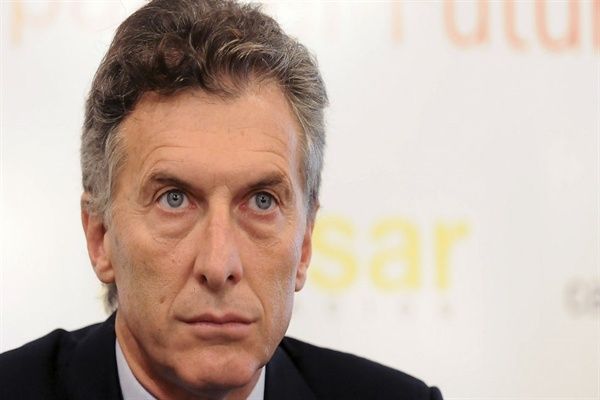by JOHN CHERIAN
 President Mauricio Macri of Argentina PHOTO/Telesur TV
President Mauricio Macri of Argentina PHOTO/Telesur TV
The surprise victory of the multimillionaire businessman Mauricio Macri in the presidential elections in Argentina on November 22 marks a comeback for the Right in the country’s politics after a long gap. Macri won narrowly, getting just 51 per cent of the votes polled. He will be taking over a highly polarised nation. All the same, the result is being viewed as a setback not only for Argentinians but also for the Left in the entire region. It is for the first time in 15 years that an incumbent left-wing government has been defeated. Parliamentary and local elections are due in Venezuela in the first week of December, and the right-wing parties there will no doubt feel enthused by the defeat of the Left in Argentina.
The losing candidate of the ruling Front for Victory party, Daniel Scioli, was handpicked by President Cristina Fernandez de Kirchner to succeed her. The left-wing faction of the Peronists have been in power since 2003, when Nestor Kirchner was elected President. His wife, Cristina, succeeded him in 2007. She could not run again due to constitutionally mandated term limits. Scioli’s defeat was especially surprising because Cristina and her social empowerment policies were popular with the masses. Scioli, like Macri, comes from a privileged background. Both of them are also sport enthusiasts. Macri ran one of the most popular football clubs, Boca Juniors, while Scioli was a champion speedboat racer.
The Kirchners had rescued Argentina from an economic morass and raised the standard of living of the poor. Some of the tough decisions they took to tackle the recession and generate employment earned them powerful enemies among the Argentinian elite. During their rule, they were among the steadfast supporters of the Cuban revolution. They also stood solidly behind Venezuela as it withstood the United States’ attempts at destabilisation. In the last 13 years under the Kirchners, poverty fell by around 70 per cent and extreme poverty fell by almost 80 per cent. According to the International Monetary Fund (IMF), unemployment figures during the period had fallen to 6.9 per cent from a high of 17.2 per cent.
But the last couple of years were not too good for the Argentine economy as prices of commodities fell globally. The Argentine economy had come to depend a lot on commodity exports, which were hit badly because of the global economic slowdown. For the past four years, economic growth has been less than 2 per cent. Inflation had become a problem yet again with the dollar selling high on the black market. There were also reports of corrupt activities by senior officials in the Kirchner government.
Frontline for more
